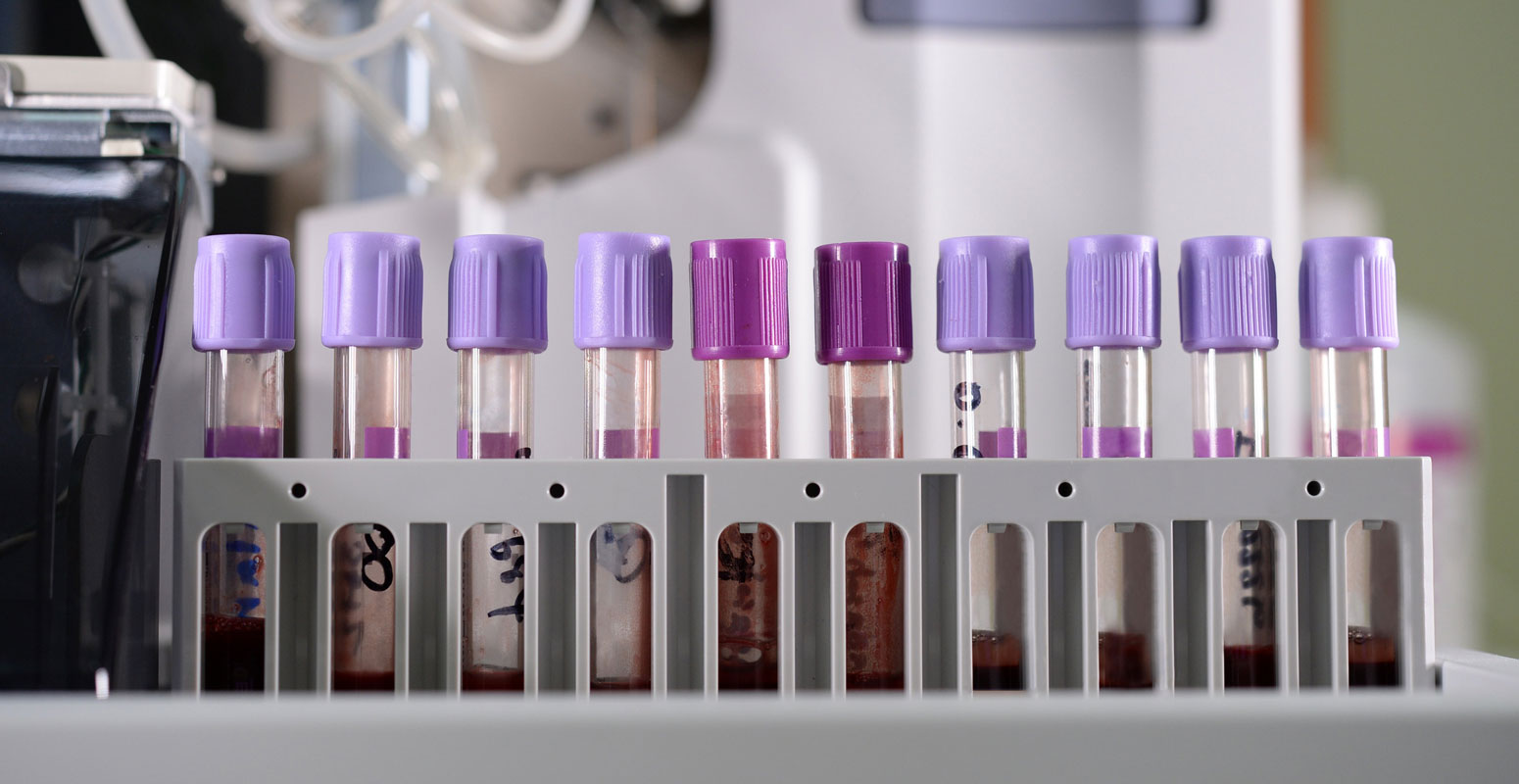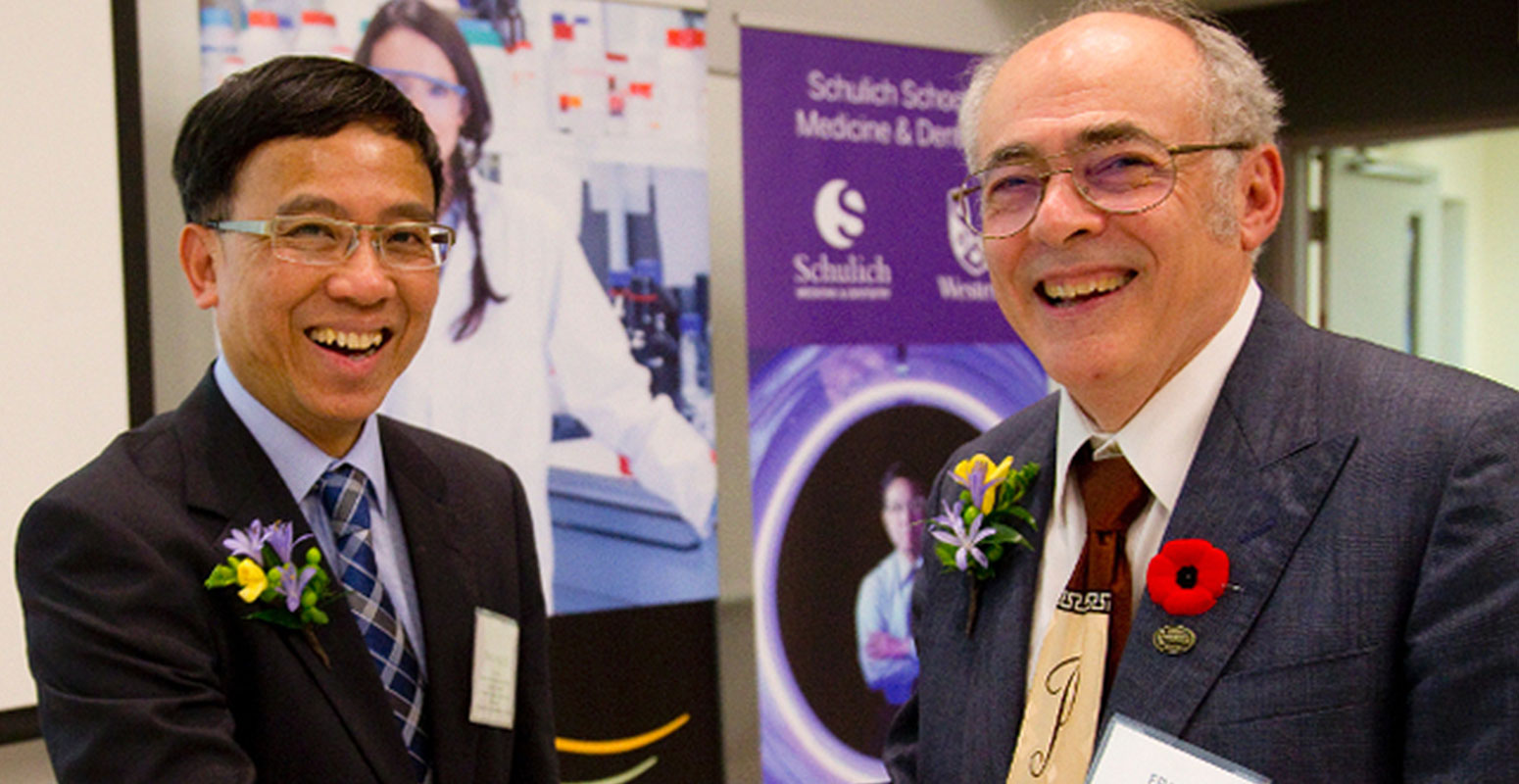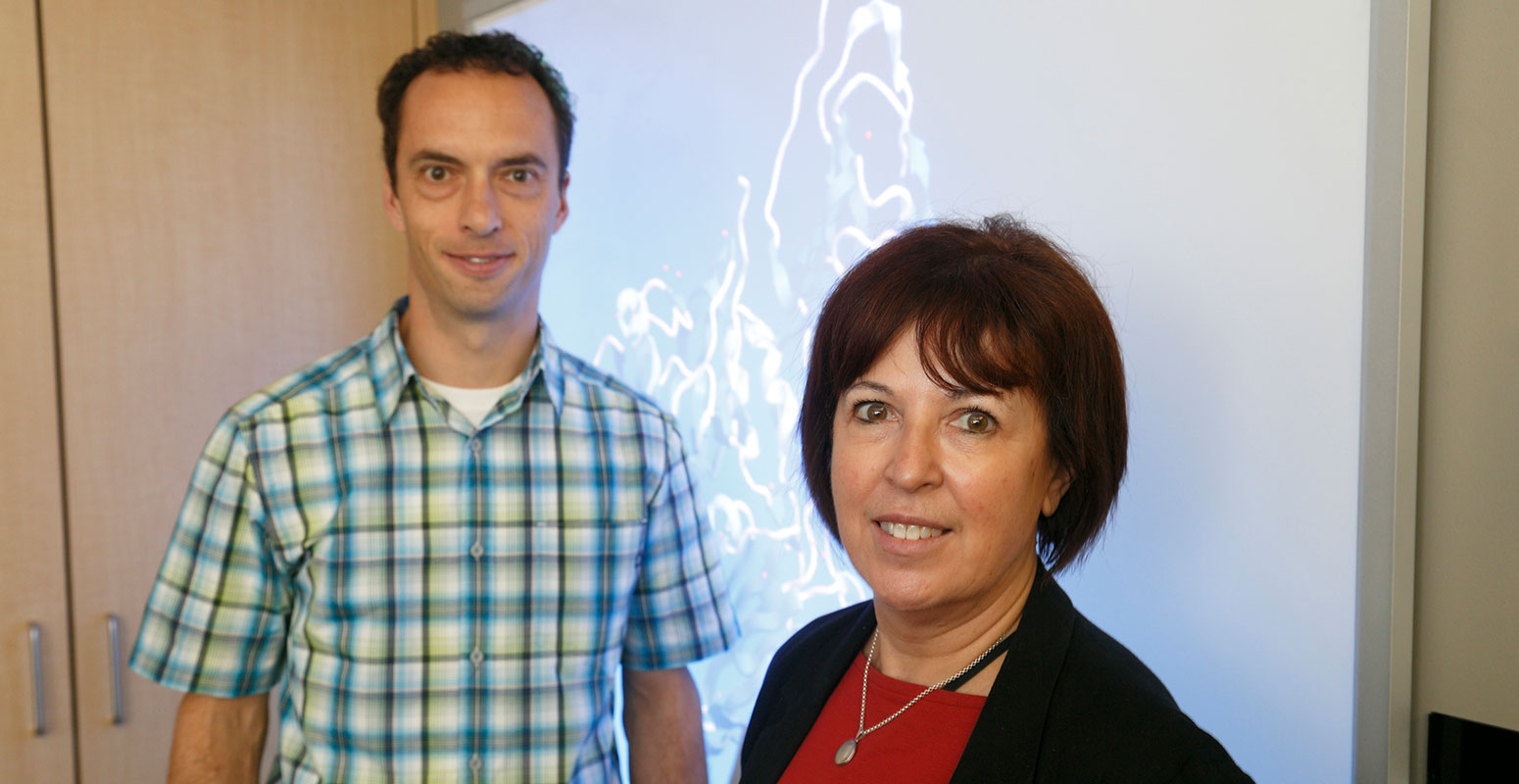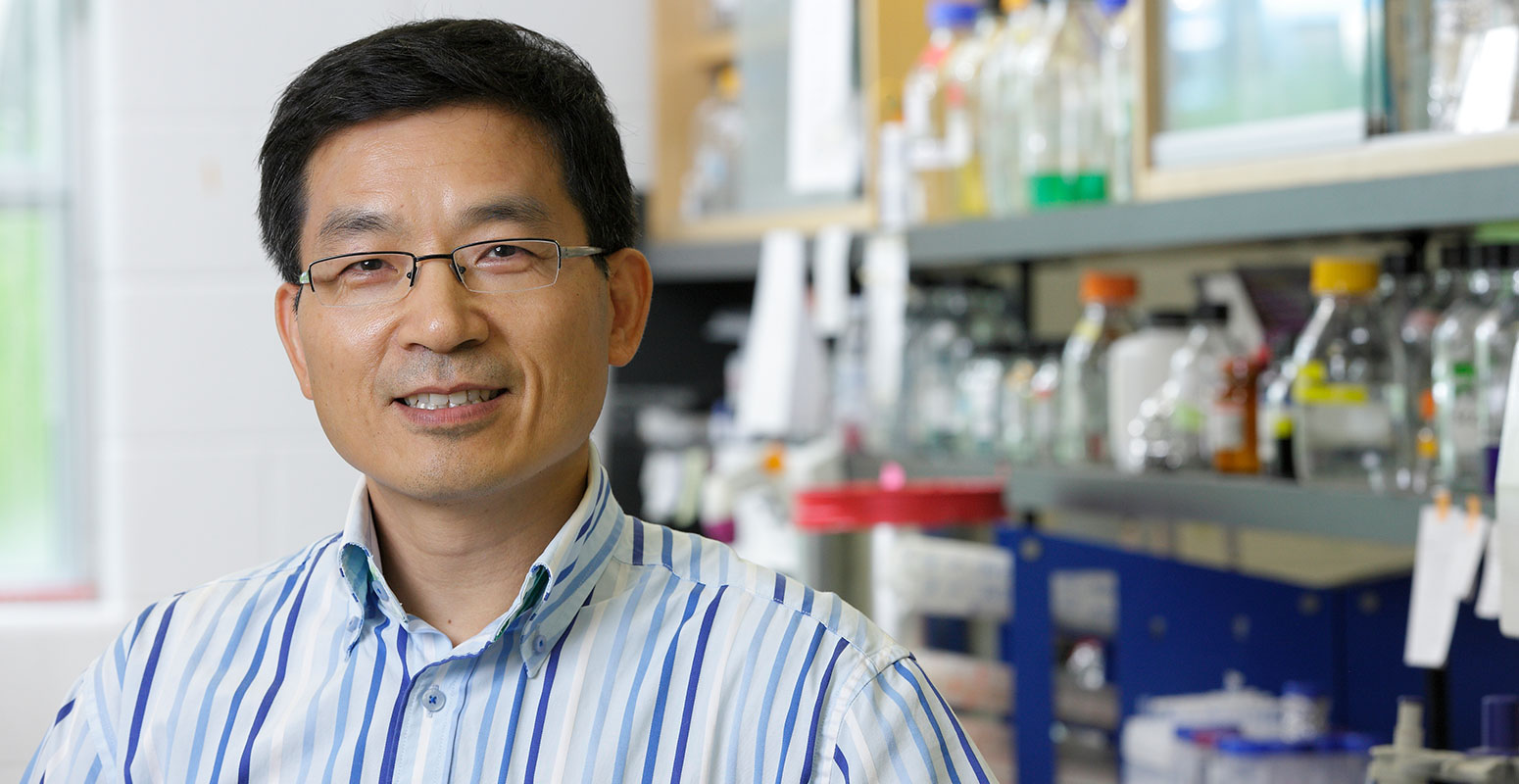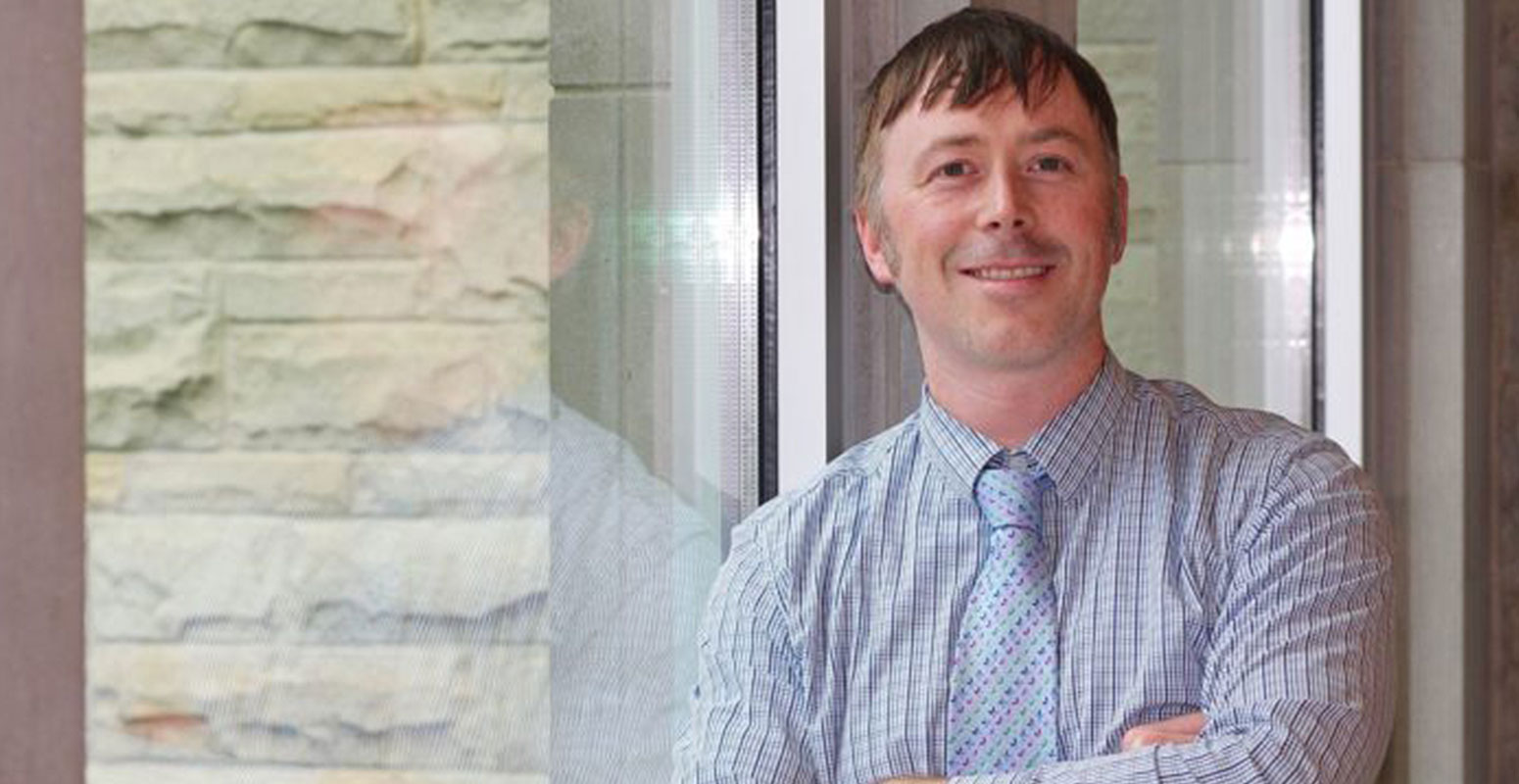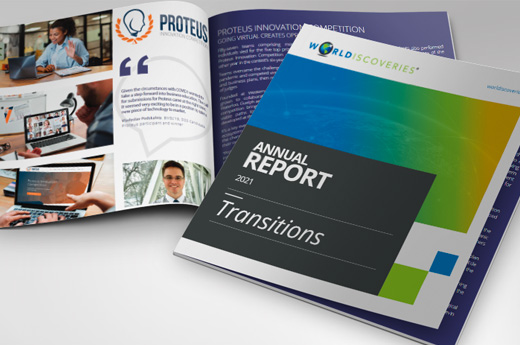The Western Medical Innovation Fellowship was the best thing that could have happened to John Matheson.
“Medical residency was always the goal, but this program is going to be invaluable for my future as a clinician,” he said. “You don’t get the opportunity to stop your clinical training and basically be offered this chance to just innovate for a year.”
As a recent medical school graduate, Matheson is one of the program’s three inaugural fellows. Created in partnership with the Western Bone and Joint’s Collaborative Training Program in Musculoskeletal Health, the 10-and-a-half-month fellowship focuses on developing new medical technologies.
Read more

